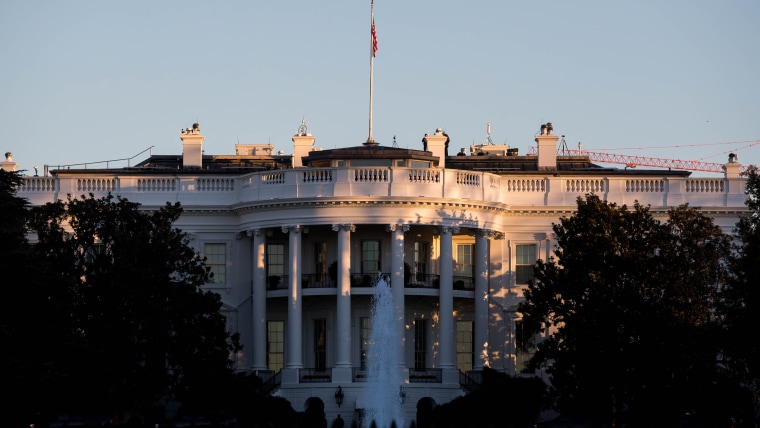It's been three weeks since the Justice Department released a redacted version of Special Counsel Robert Mueller's report, and as damning as it was for Donald Trump and his political operation, the House Judiciary Committee insisted on examining a full, unredacted copy.
As of this morning, the White House said that's not going to happen.
President Donald Trump has asserted executive privilege over special counsel Robert Mueller's unredacted report as the House Judiciary Committee prepares to vote to hold his attorney general, William Barr, in contempt of Congress. [...]The committee vote and Trump's assertion of privilege represents a major escalation of the battle between congressional Democrats and the president. It will likely lead to a protracted legal war over Mueller's 448-page report on alleged obstruction of justice by Trump and Russian interference in the 2016 U.S. election.
This is, for what it's worth, the first time Trump has claimed executive privilege since taking office.
As a political matter, it's a curious posture. On the one hand, Trump insists the Mueller report "fully exonerates" him. On the other hand, Trump also insists that Congress cannot see the unredacted document.
If the full report were as exculpatory as the president claims, it stands to reason he'd want lawmakers to see it.
And yet, the White House issued a statement this morning describing House Judiciary Committee Chairman Jerry Nadler's request for the report as, among other things, "unlawful" and "sad."
The same statement described the document in question as "the no-collusion, no-conspiracy, no-obstruction Mueller Report."
There was a time written statements from the White House featured measured language, reflecting a degree of maturity and stature. In the Trump era, they sound eerily similar to the president's tweets.
Regardless, as things stand, Team Trump intends to hide both the unredacted version of the Mueller report and the supporting materials. There's no reason to assume that this is directly relevant to congressional requests for testimony from Mueller himself, although at this point, one never knows what the West Wing might try next.
A Washington Post report added, "Some legal experts argued the White House and Attorney General were simply stalling, making a dubious claim of privilege over the Mueller report they have intensively reviewed to put off a fight in court."
In the meantime, all of this unfolded as the House Judiciary Committee prepared to hold a vote to hold Attorney General Bill Barr in contempt. If the majority of the panel approves the resolution, as appears likely, the full House will vote on whether to hold the Republican lawyer in contempt sometime soon.
Postscript: Trump's recent claims about full and unprecedented transparency suddenly look a little harder to believe.
